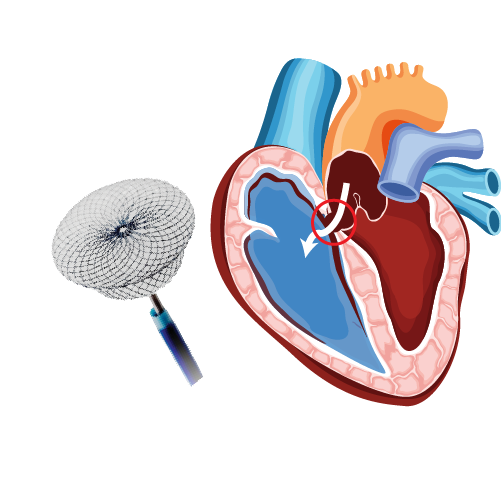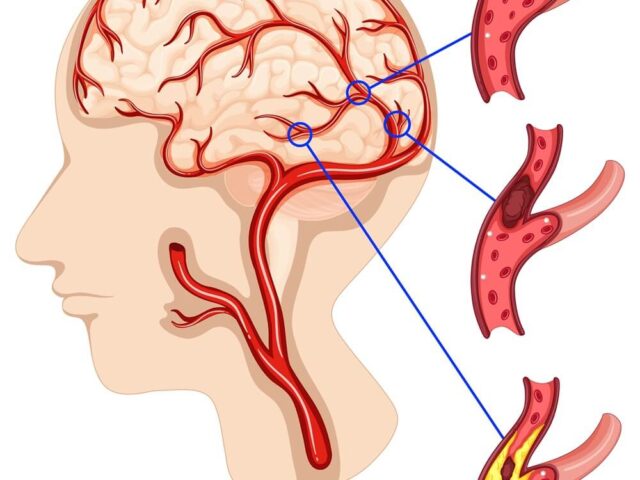Alcohol and Heart: Harmful or Healthy?
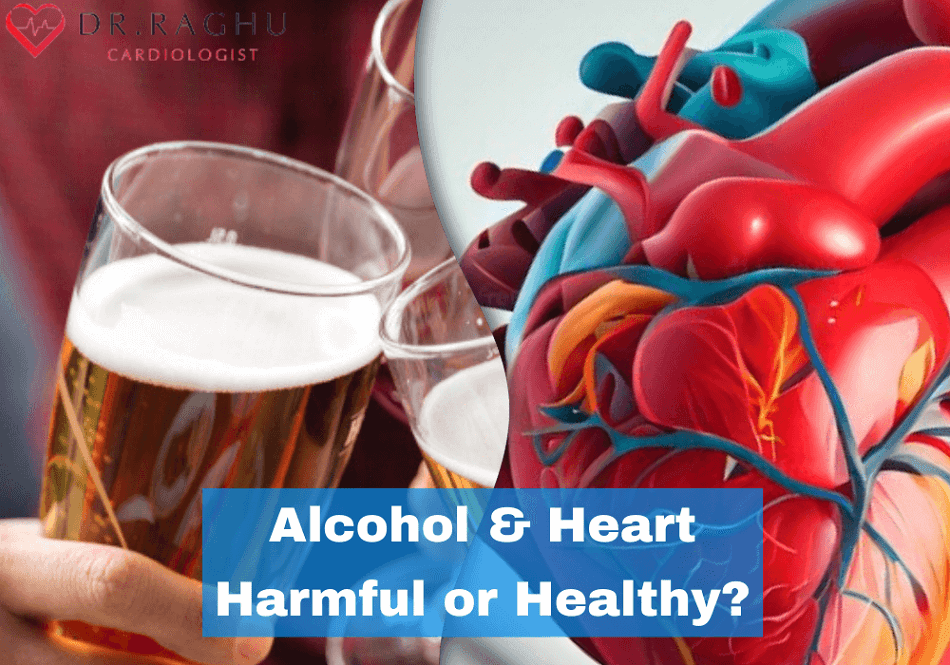

The relationship between alcohol consumption and its impact on health has long been a topic of debate and research. Among the various health concerns associated with alcohol, its effects on the heart have garnered significant attention. While moderate alcohol consumption has been linked to potential cardiovascular benefits, excessive and heavy drinking can lead to severe heart-related issues.
Alcohol addition and binge drinking, combined with workplace stress can cause cardiovascular ailments, such as heart failure, hypertension, etc. They can also increase your risk of experiencing a silent heart attack.
In this article, we will dig deeper into the complex relationship between alcohol and heart health, weighing the potential benefits against the risks and offering guidelines for responsible alcohol consumption.
Is Alcohol Good for the Heart?
While some studies have suggested potential cardiovascular benefits from moderate alcohol consumption, excessive or heavy drinking can have detrimental effects on the heart and overall health.
Having said that, here are a few positive effects of alcohol consumption on cardiac health:
Cardiovascular Benefits
Resveratrol, a compound found in red wine, has been proposed to have antioxidant properties that could promote heart health. Additionally, research suggests that alcohol consumption might raise levels of high-density lipoprotein (HDL) cholesterol, often referred to as “good” cholesterol, which plays a role in removing excess cholesterol from the arteries.
Reduced Risk of Heart Disease
Some studies have indicated that moderate alcohol consumption could be associated with a reduced risk of coronary heart disease. The so-called “French Paradox” attributes the relatively low rates of heart disease in France to the consumption of red wine, which contains resveratrol.
Blood Clot Prevention
Alcohol, when consumed in moderation, might have antiplatelet and anticoagulant effects. That, in turn, can help prevent blood clot formation and reduce the risk of conditions like ischemic stroke and heart attacks.
Harmful Effects of Alcohol
Excessive alcohol consumption has been associated with several negative impacts on the heart and cardiovascular system. The adverse effects include:
- High Blood Pressure: Heavy drinking can lead to hypertension (high blood pressure), which is a significant risk factor for heart disease, stroke, and other cardiovascular issues.
- Arrhythmias: Alcohol can disrupt the heart’s normal rhythm, leading to irregular heartbeats (arrhythmias). It can increase the risk of stroke and heart failure.
- Cardiomyopathy: Chronic heavy drinking can weaken the heart muscle, leading to a condition called cardiomyopathy. It can result in reduced heart function, heart failure, and other serious complications.
- Heart Disease: Excessive alcohol consumption is associated with an increased risk of various heart diseases, including coronary artery disease and silent heart attacks, which can lead to heart attacks.
- Stroke: Heavy drinking can contribute to the formation of blood clots and increase the risk of ischemic strokes, which occur when blood flow to the brain is blocked.
- Obesity: Alcohol is calorie-dense and can contribute to weight gain and obesity, elevating the risk of heart disease.
- Liver Damage: Chronic alcohol consumption can damage the liver, leading to conditions such as fatty liver disease, alcoholic hepatitis, and cirrhosis. Liver dysfunction can impact heart health and contribute to cardiovascular complications.
Best Practices for Alcohol Consumption
Given these potential risks, it’s generally recommended to limit alcohol consumption, especially for those with existing heart conditions or risk factors. If you choose to drink alcohol, it’s essential to do so in moderation.
The term “moderate drinking” is often defined as up to one drink per day for women and up to two drinks per day for men. One drink typically consists of 1.5 ounces of distilled spirits, 5 ounces of wine, or 12 ounces of beer.
Here are a few additional tips to prevent a heart attack and other cardiovascular diseases despite drinking alcohol:
Individual Variation
Individual responses to alcohol can vary significantly. Factors such as genetics, overall health, and medications being taken can influence how alcohol affects the body. Understanding alcohol’s impact on your body is crucial.
Balanced Lifestyle
Relying solely on alcohol as a means of promoting heart health is not recommended. A balanced lifestyle that involves a healthy diet, including foods that reduce the risk of a heart attack, and avoiding risk factors like smoking is essential for maintaining cardiovascular well-being. You should also consider exercising to boost heart health.
Avoid Binge Drinking
Binge drinking or excessive alcohol consumption is strongly associated with an increased risk of heart disease, hypertension, and other cardiovascular issues. Binge drinking is defined as consuming five or more drinks within a short period for men and four or more drinks for women.
Conclusion
The question of whether alcohol is harmful or healthy for the heart is a nuanced one. While some research suggests potential cardiovascular benefits from moderate alcohol consumption, it’s crucial to approach this topic cautiously. The risks of excessive drinking, including heart disease, liver damage, silent heart attacks, and addiction, far outweigh any potential benefits.
The best course of action for promoting heart health is to prioritize a healthy lifestyle that includes a balanced diet with foods that reduce the risk of a heart attack, regular exercising to boost heart health, and avoiding tobacco products. If you choose to consume alcohol, do so in moderation, following recommended guidelines. Consult with a healthcare professional to ensure that it aligns with your individual health circumstances.
Dr. C Raghu is an eminent cardiologist in Hyderabad who specializes in interventional cardiology. If you or anyone you know has developed heart disease due to alcohol consumption, reach out to Dr. Raghu today.
Book Online Consultaion
Alcohol & Heart: Harmful or Healthy?
Subscribe the Hearty Life Blogs

DR. RAGHU | Best Cardiologist in Hyderabad
Cardiology Coronary, Vascular and
Structural Interventions
Conditions & Diseases
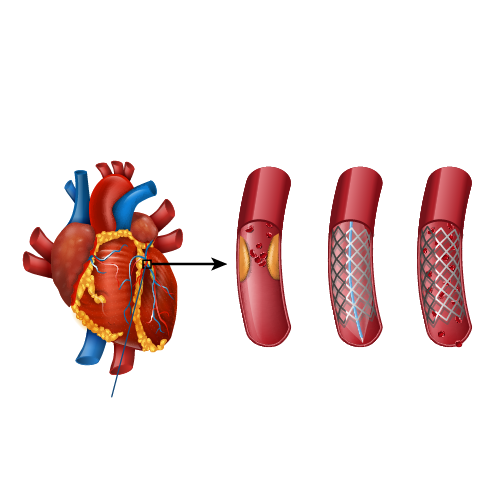
Angioplasty
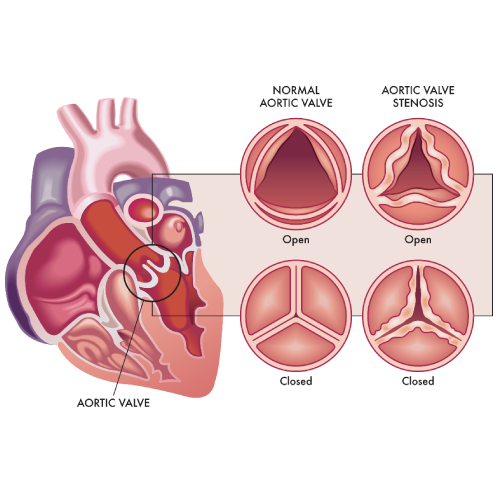
Aortic Stenosis
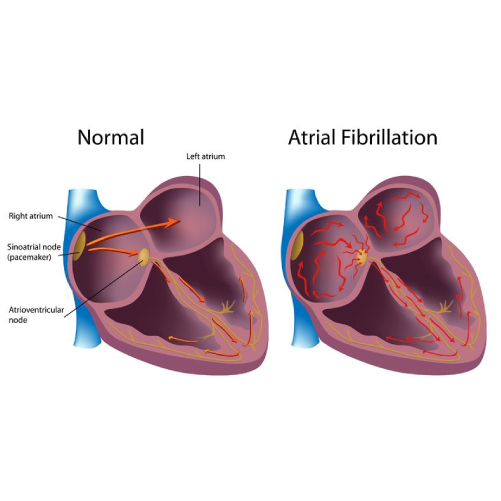
Atrial Fibrillation
